What Do Maryland Home Inspectors Check?
Some Maryland homeowners have a home inspection done before listing their house for sale. They want to know what they might need to fix before they put their house on the market for sale. A lot of Maryland home buyers have a home inspection done when they’re buying a house in Maryland. One of the most frequently asked questions is, “What sort of things do home inspectors look for”?
How to Choose a Maryland Home Inspector
In Maryland, a home inspector doing inspections must be licensed. But, Maryland doesn’t require how things get inspected. Included with an inspection is pretty much almost everything that has to do with the home itself: the roof, the exterior, windows, doors, the electrical system, the plumbing system, all the heating, AC, and the interior of the house. But when it comes to looking for an inspector, there’s a couple of key things that are good to look for.
- How do they inspect the house?
- Do they do anything over and beyond what the state of Maryland requires?
- Do they only inspect a representative number of items so they don’t have to check every single item in a house?
When choosing a home inspector in Maryland, there is one thing you want to ask…”What things do you inspect? Do you check every outlet? Do you check every window? How do you inspect the roof?” Some inspectors inspect the roof from the ground, some inspectors use binoculars, some walk the roof, some use a drone. There’s a variety of different ways to inspect a roof. What other items do those inspectors include with the inspection? Do they do thermal imaging? Do they have a maintenance program for you to use for your house?
What Items Should be Inspected?
The Attic
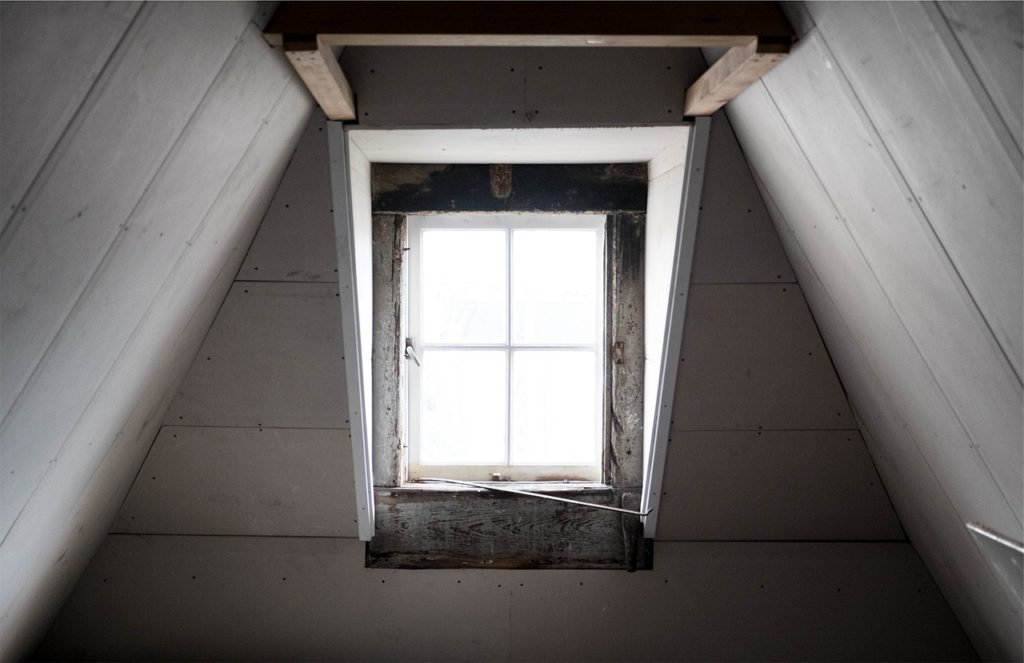
When you are deciding which Maryland home inspector to hire, another good question to ask is, ” How do you inspect the attic”? In Maryland, home inspectors are not required to walk the attic. All they’re required to do is look up into what they call a scuttle hole and then look around the attic. But if an inspector can actually get up into the attic and walk around, they’re going to see a lot more than if they’re just in one spot.
One big area a home inspector should look at is the bottom of the roof sheathing. That’s going to give a good idea as to whether the roof has been replaced. It’s also going to give you a good idea whether there’s any water staining.
If the roof hasn’t been replaced and there’s water staining, that indicates the possibility the roof probably has an active leak. If it looks like the roof has been replaced and there is water staining, it may be something that happened in the past. But it’s still good to document. Let’s say you decide to sell the house in five years. If you have that documented from when you did your inspection, you can always say, “Oh no, that was there.” It’s always good to get those pictures. Finding out if your inspector’s going to walk the attic for you is a big question to ask. It can have a lot of hidden flaws.
Main Water Shut-Off
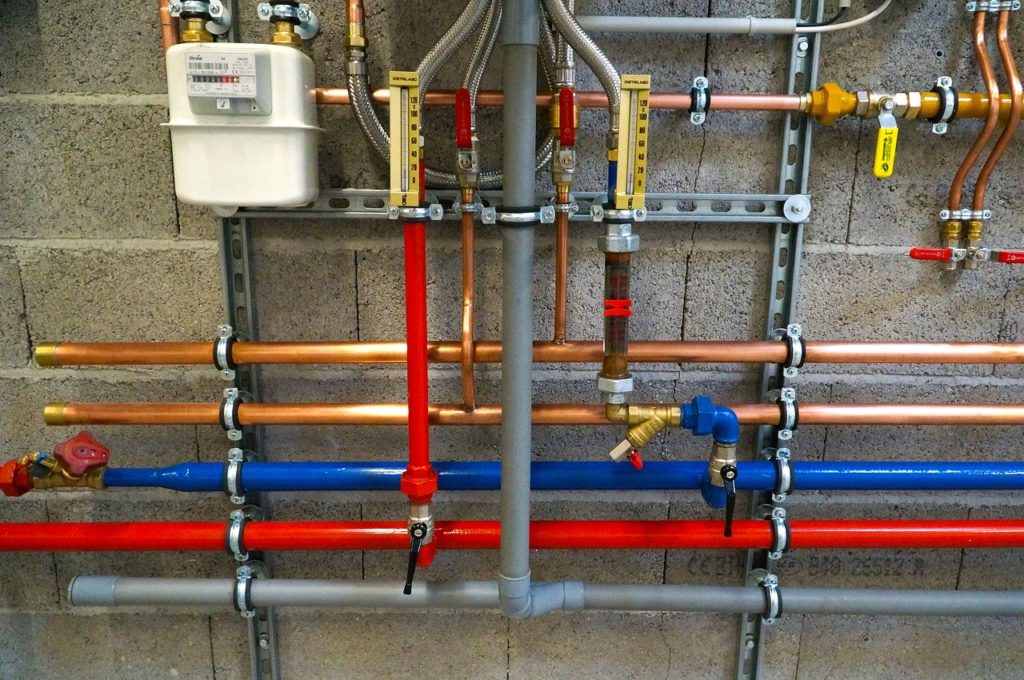
One of the big things home inspectors look for when they go into a basement, is the main water shut-off valve to the house. The main water shut-off is the first line of defense against water. For example… you go on vacation or you’re working on any kind of bathroom remodeling… always turn off your water supply to the house. That way, if you’re on vacation and have a leak, you’re likely not going to know until you come home. So it’s really good to turn this off when it comes to going on vacation or working on the house.
The HVAC
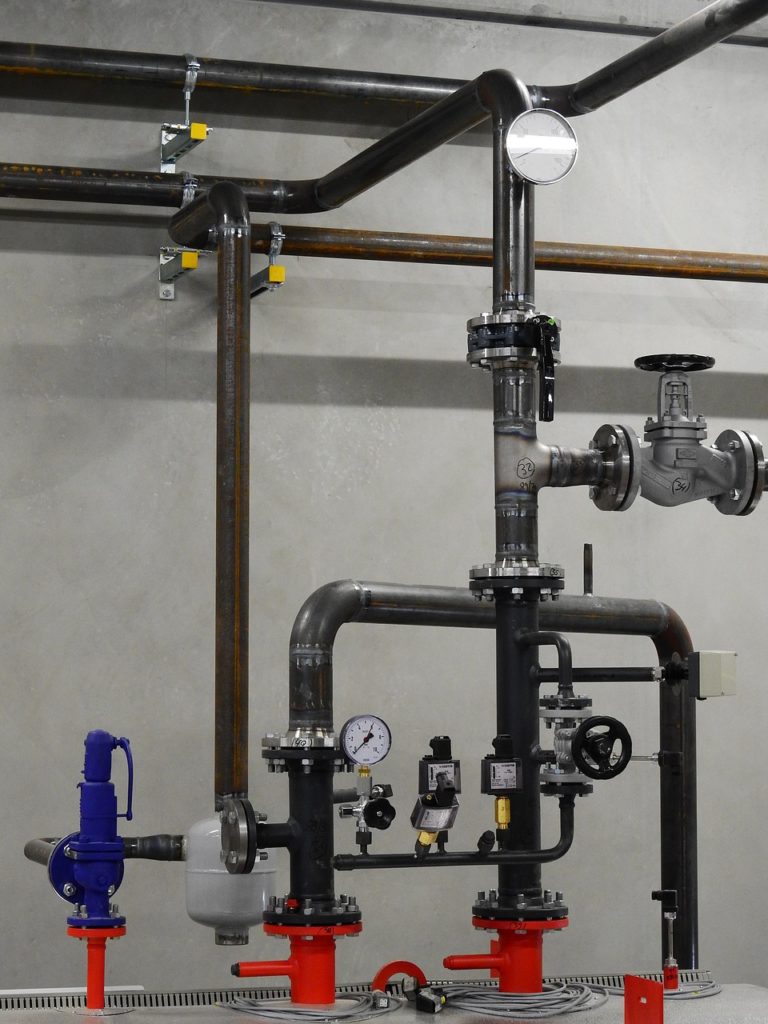
Some houses are heated by an oil boiler, which is the primary heating system in those houses. Boilers are typically located in a basement. Boilers have a burner, which is what heats the hot water that goes through a house. A pump is used to circulate the hot water through pipes so it circulates throughout an entire house. Baseboards heat the house as hot water travels through the pipes.
Some home inspectors, but not all, will use thermal imaging to check the baseboards. Thermal imaging really helps with showing what kind of heat is going to be put out. It’s tough to know, without thermal imaging, how well the boilers are working. You can always put your hand up to it to feel it, but thermal imaging is a lot more accurate. The home inspector can see if there are any spots where there’s a possible issue of a blockage in the pipe.
Appliances
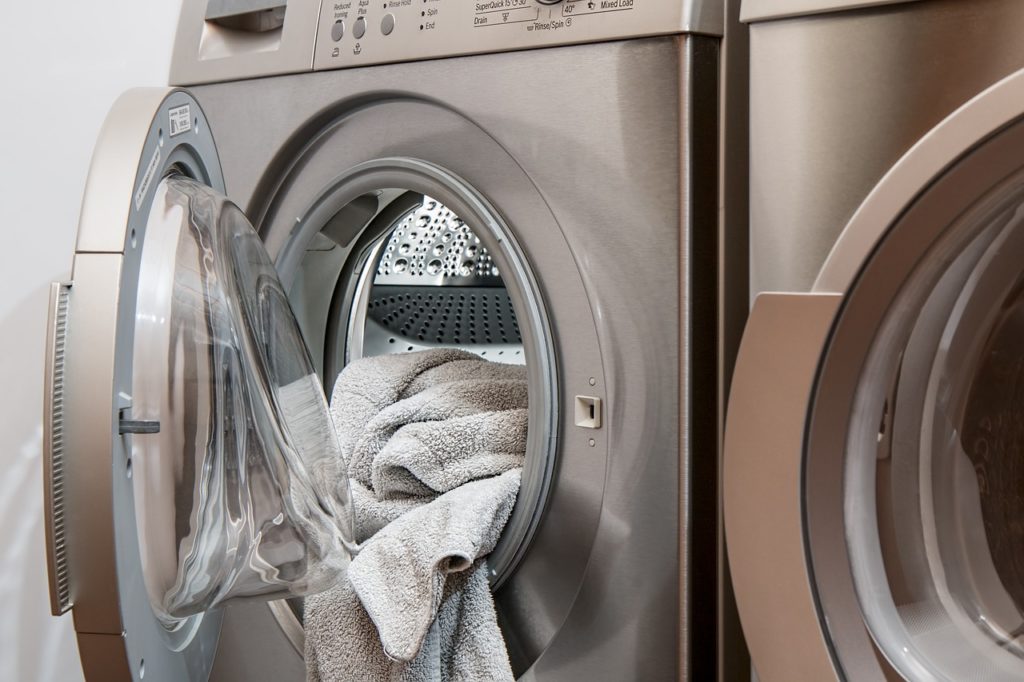
When you have a home inspection done in Maryland, hire a home inspector who will check all of the appliances. It’s important to know whether they work and function properly. If they work during the home inspection, the homeowner is obligated to make sure they still work when you buy the house and move in. The only exception is when a house is being sold “as is”. In this case, the home inspection is for the buyer’s knowledge only, and the seller has no obligation to fix anything or make sure all appliances function properly.
Outlets
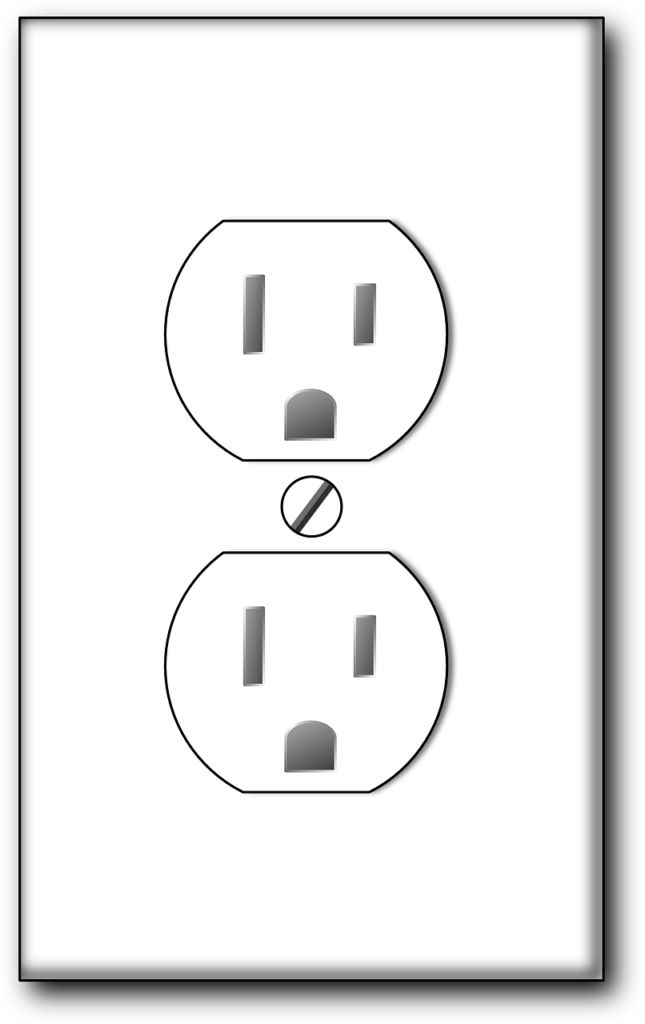
The chosen home inspector should also check each and every outlet, including those outlets on the outside. This will verify that they do indeed work. The inspector will also check for signs of any possible electrical hazards while checking the outlets.
Chimney
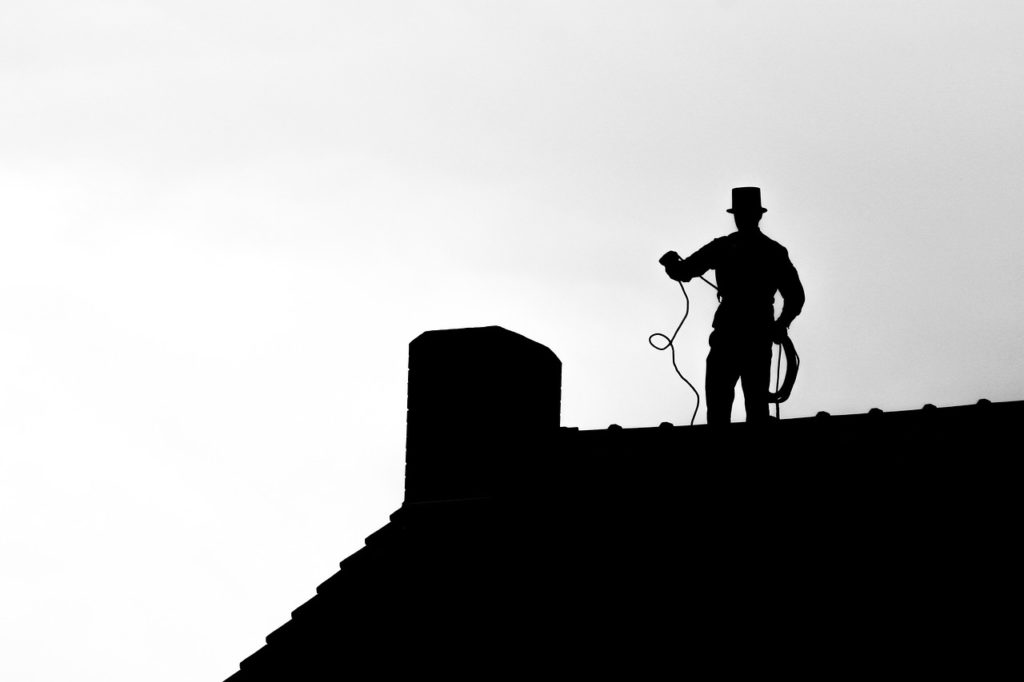
If the house has a chimney, make sure your home inspector also does a visual inspection of the chimney. You want to make sure they check for cracks, check the crown and check to make sure there’s a cap on it. Chimney caps keep out birds and other debris that can get into a chimney and cause a chimney fire.
Radon Level
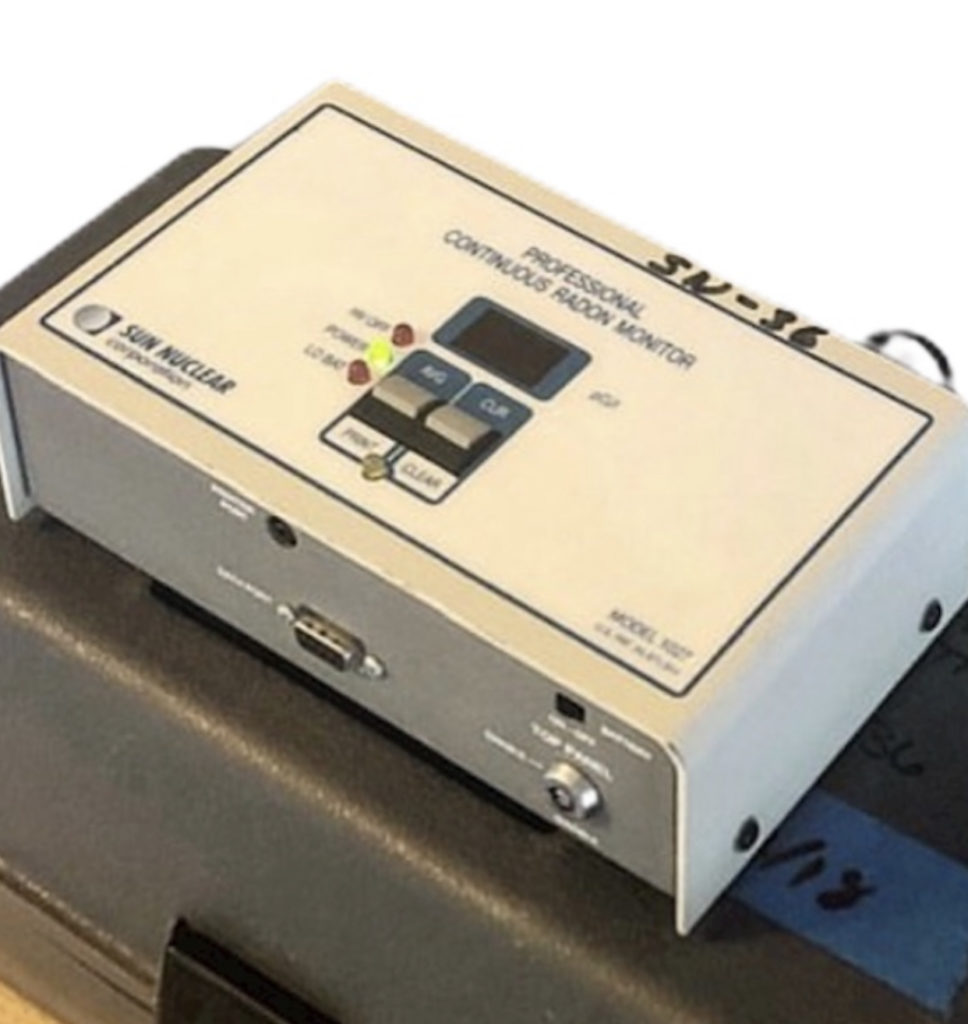
If the house is located in one of those areas in Maryland where there’s known to be elevated levels of radon, because let’s face it, there are pockets of radon throughout Maryland, make sure the home inspector leaves radon monitoring equipment in the house. Radon is a leading cause of lung cancer, so it’s advisable to have the radon levels checked to make sure it’s safe.
Other Items
What are some other things you should expect a home inspector to inspect? Windows…to make sure they open and close. The foundation…to make sure it’s structurally sound. The roof… to make sure it’s in good repair, and to have an idea of how long it will last. Other types of heating and cooling systems… to make sure they work properly. Decks…to make sure they are also structurally sound. The plumbing…to make sure there are no leaks. The electric panel box… to make sure there is no electrical hazard. The smoke detectors…to make sure they comply with Maryland law.
Every home inspector inspects differently. Different home inspectors use different tools and equipment. Some home inspectors are more thorough and detailed than others. Some check everything, others only check certain items. The bottom line? Ask questions before hiring a home inspector. Interview several home inspectors to learn exactly what items they inspect, and ask what they charge.
Home Inspection Questions…
Have home inspection questions?
Need Maryland home inspector recommendations?
Get the answers and suggestions from a local Real Estate Pro!
Ask your questions here, and Melissa Spittel, Carroll County’s Real Estate Pro, will get you answers!





